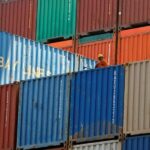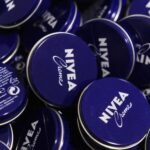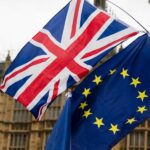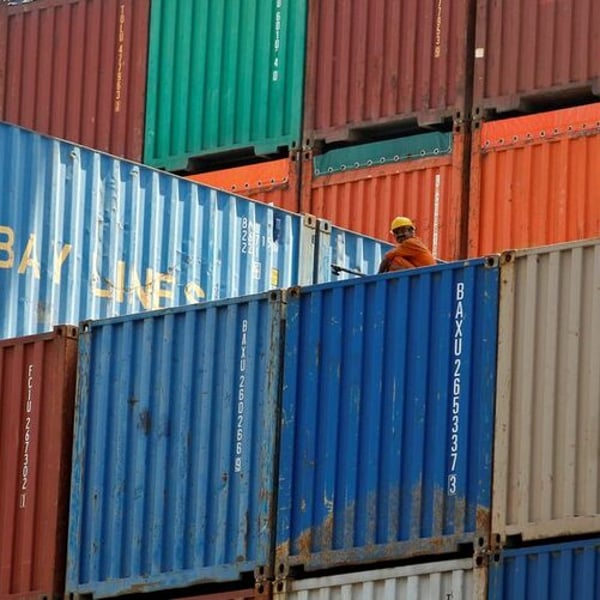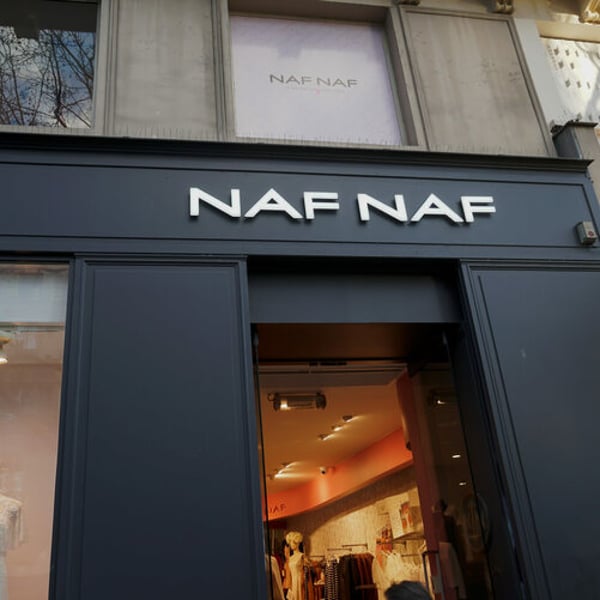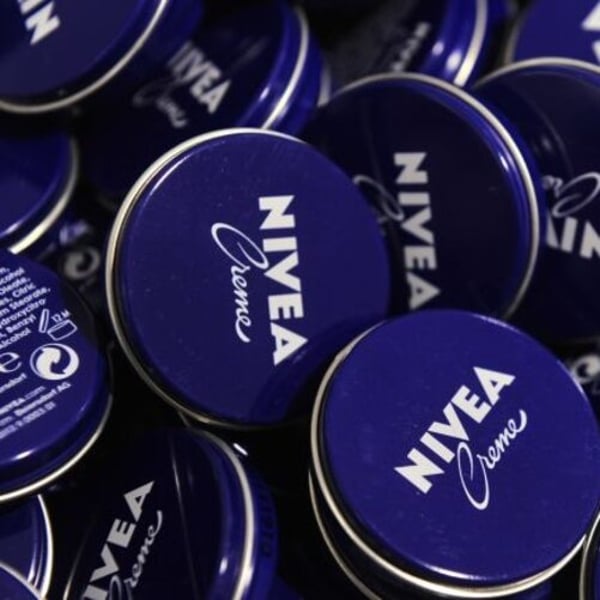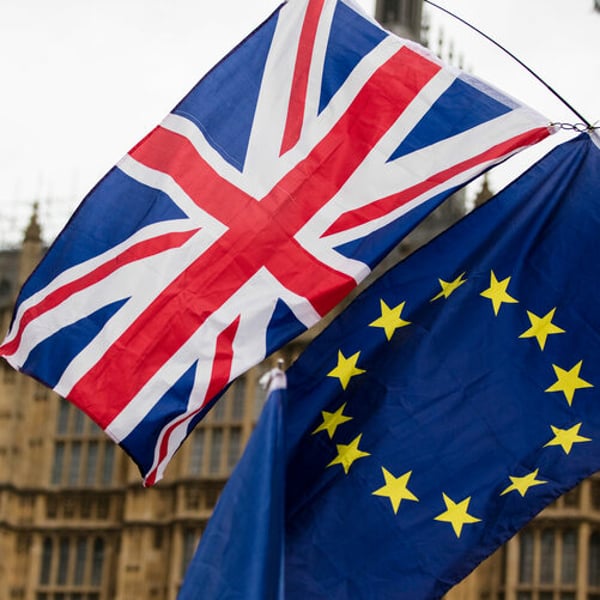By
Bloomberg
Published
August 7, 2025
Switzerland plans to continue negotiating with the US to lower tariffs from the 39% that kicked in on Thursday and will refrain from implementing countermeasures.
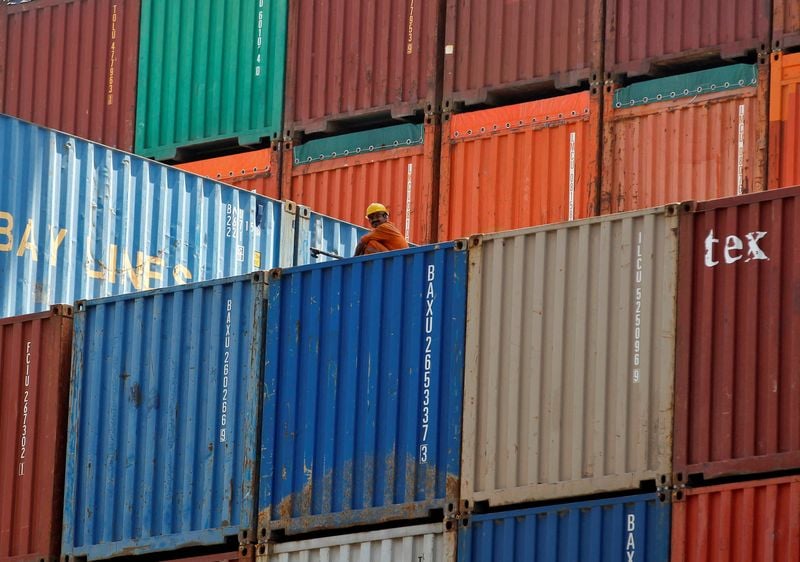
The government “remains firmly committed to pursuing discussions with the US with the aim of reducing these tariffs as swiftly as possible,” it said in a statement after an emergency meeting on Thursday. “The Federal Council is maintaining close contact with US authorities and the affected industry sectors.”
President Karin Keller-Sutter returned empty-handed on Thursday morning from Washington, where she had sought to sway Donald Trump before the tariff started. The two-day emergency trip turned into a humiliation as she was denied a meeting with her counterpart and instead only talked to Secretary of State Marco Rubio, whose department doesn’t lead trade negotiations for bilateral deals.
Speaking to reporters in Bern, Keller-Sutter said that Swiss negotiators stayed in Washington and are still attempting to get a deal.
“At present, tariff countermeasures in response to the US tariff increases aren’t being considered, as they would impose additional costs on the Swiss economy — particularly through higher prices for imports from the US,” the government said, reiterating an earlier stance.
The 39% surcharge on exports — from Swiss-made luxury watches to Nespresso coffee capsules – is the biggest among developed countries and compares with just 15% on the neighbouring European Union. Pharmaceuticals and gold are so far exempt.
While pharmaceuticals are excluded from the trade duties — bringing the average rate below 25%, according to Bloomberg Economics — the stakes for Swiss companies, which are big players in the US market, are high and the scale of the duty exceeded all expectations.
The government “will also shortly engage in detailed discussions on potential relief measures for Swiss businesses and continue to assess the need for further economic policy action,” according to the statement.
The cooperative stance clashes with a cross-party push of Swiss politicians on Thursday cancel an order for three dozen F-35A fighter jets from US defence conglomerate Lockheed Martin Corp. in response to the tariffs.
The tariff level stunned the Swiss after negotiations that they thought looked promising. But things came to a head late last week when Trump threw out a negotiated framework deal on a call with Keller-Sutter. He was particularly irked by Switzerland’s bilateral trade surplus with the US of about $38.5 billion last year.
If the 39% rate comes into effect across the board — including on pharmaceuticals — that would put up to 1% of Switzerland’s economic output at risk over the medium term, according to Jean Dalbard of Bloomberg Economics.
